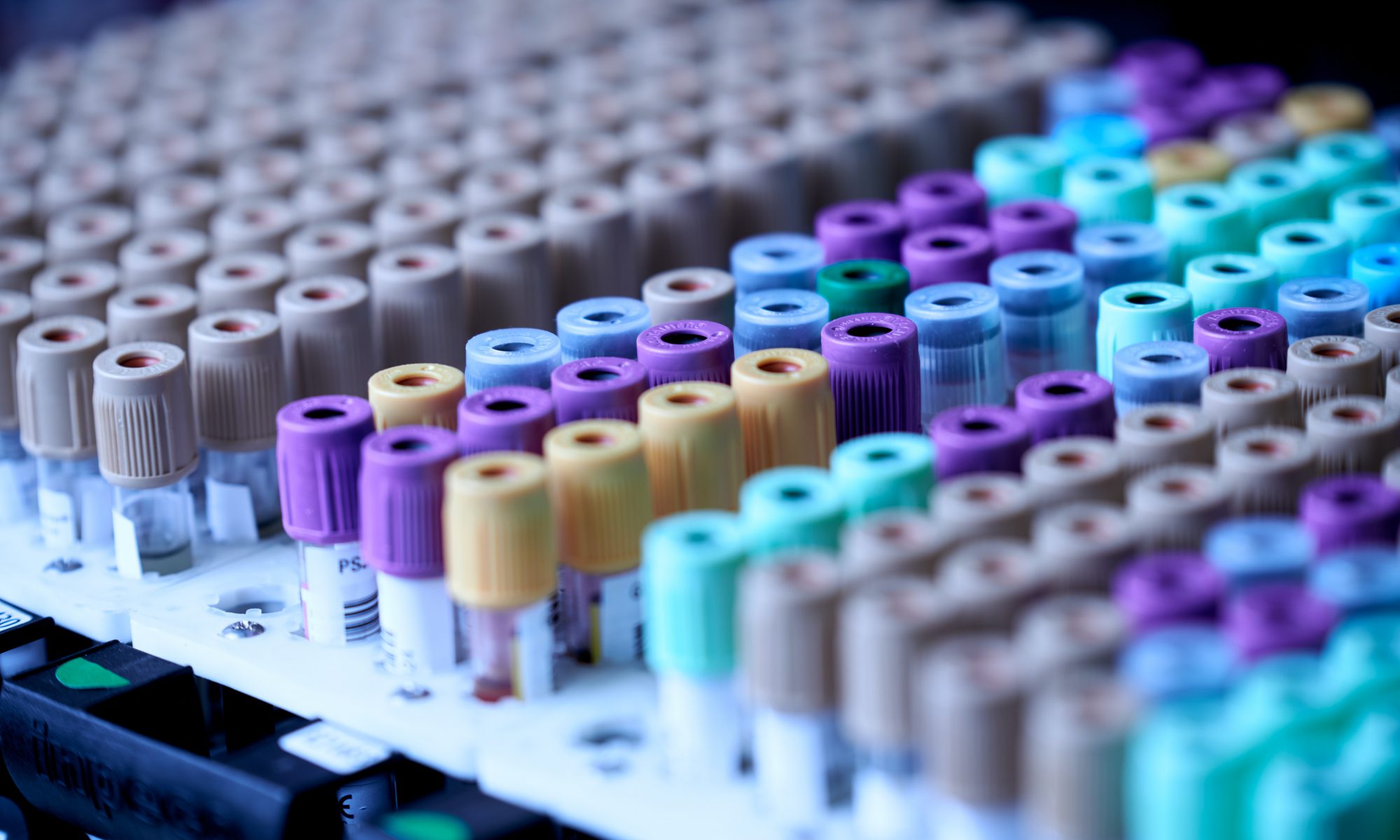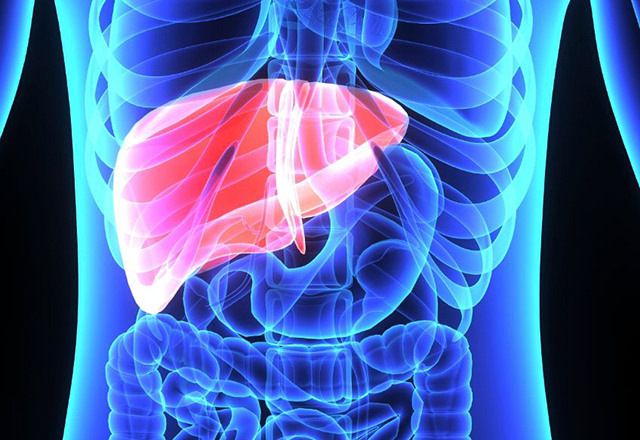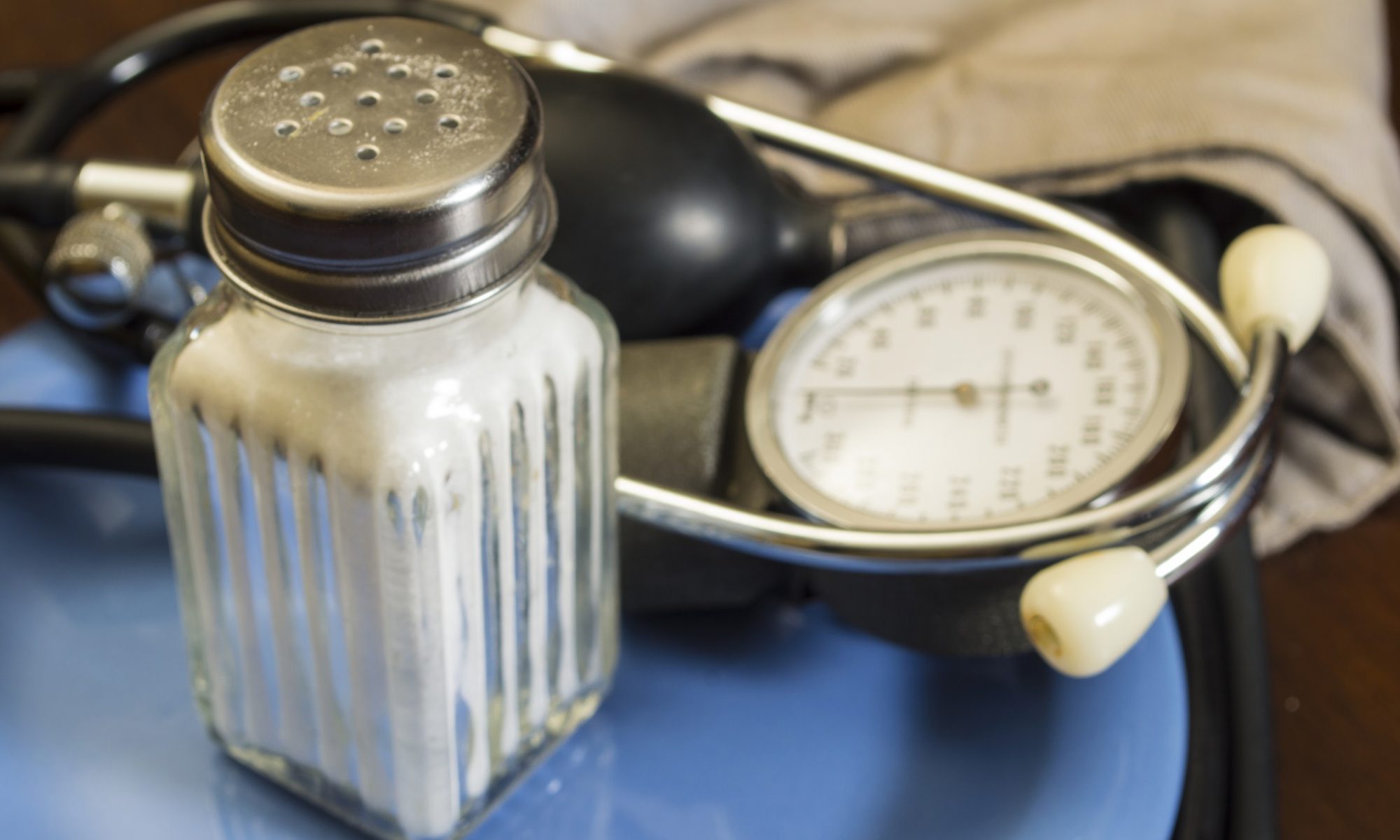Loading
The number of U.S. residents on the waiting list for a lifesaving organ transplant totaled 105,960 men, women and children as of late May, according to the United Network for Organ Sharing (UNOS), the nonprofit group that manages the nation’s transplant system under contract with the federal government. On average, 17 people die each day while waiting for an organ transplant.
In 2021, 41,354 transplants were done, with organs from 20,401 donors, including both deceased and living donors. Kidneys are the most frequently transplanted organ, followed by the liver, heart, lungs, pancreas and intestines. Kidneys accounted for more than half of transplants performed last year (24,670) and represent the organ needed by more than 80 percent of those on the waiting list. Read the complete story in The Washington Post.
Loading









